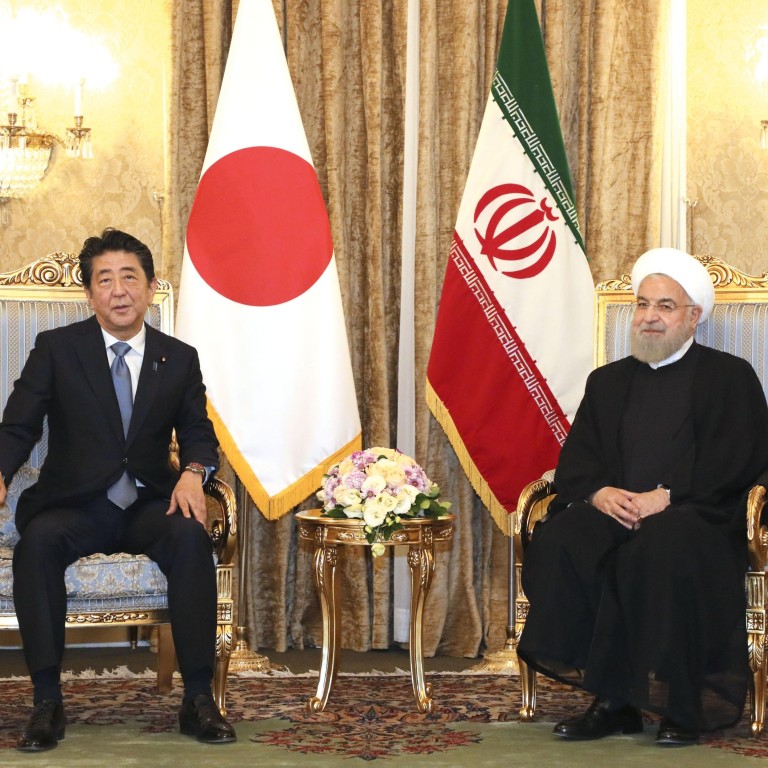
US and Iran must talk – directly or indirectly
- With escalated tensions following the latest attack on oil tankers, there is every reason to heighten efforts for dialogue
Trump hopes to use tanker attacks to intensify pressure on Iran
Tehran has denied involvement and the US has not provided conclusive evidence. Washington made the same claim after four tankers were attacked off the coast of the United Arab Emirates on May 12 and for drone strikes on two Saudi Arabian oil pumping stations on May 14; the previous week, the US sent an aircraft carrier to the region to counter an unspecified threat from Iran.
Relations between Washington and Tehran have largely been hostile since the Iranian revolution and the taking of American hostages in 1979. There was a slight warming of ties with the lifting of some sanctions in 2015 when the US joined European partners and China in a deal to curb Tehran’s development of nuclear weapons. But Trump withdrew from the deal last year contending it was flawed, reimposed penalties and has been ratcheting up pressure. At the start of May, he forced Iran’s oil customers, China and Japan among them, to cut their imports to zero or face harsh US financial sanctions, and exports have since plummeted.
Abe, the first Japanese leader to visit Iran since 1978 and marking the 90th anniversary of relations between the two countries, seemingly made no progress in his mission on behalf of the US. Iran said it would not respond to Trump’s overture, the contents of which were not made public. But Tehran and Washington have repeatedly stated they do not want to go to war and the American president, for all his bravado on Twitter, has shown himself to be largely cautious when making decisions on foreign policy.
As proven by his two summits and a foreshadowed third with North Korean leader Kim Jong-un, Trump has revealed that even with his country’s sworn enemies, he is willing to talk and negotiate. Whether Abe made progress or not, his reaching out on behalf of the US at least shows the White House is interested in stability in the Middle East. With escalated tensions following the latest attack, there is every reason to heighten efforts for dialogue.

